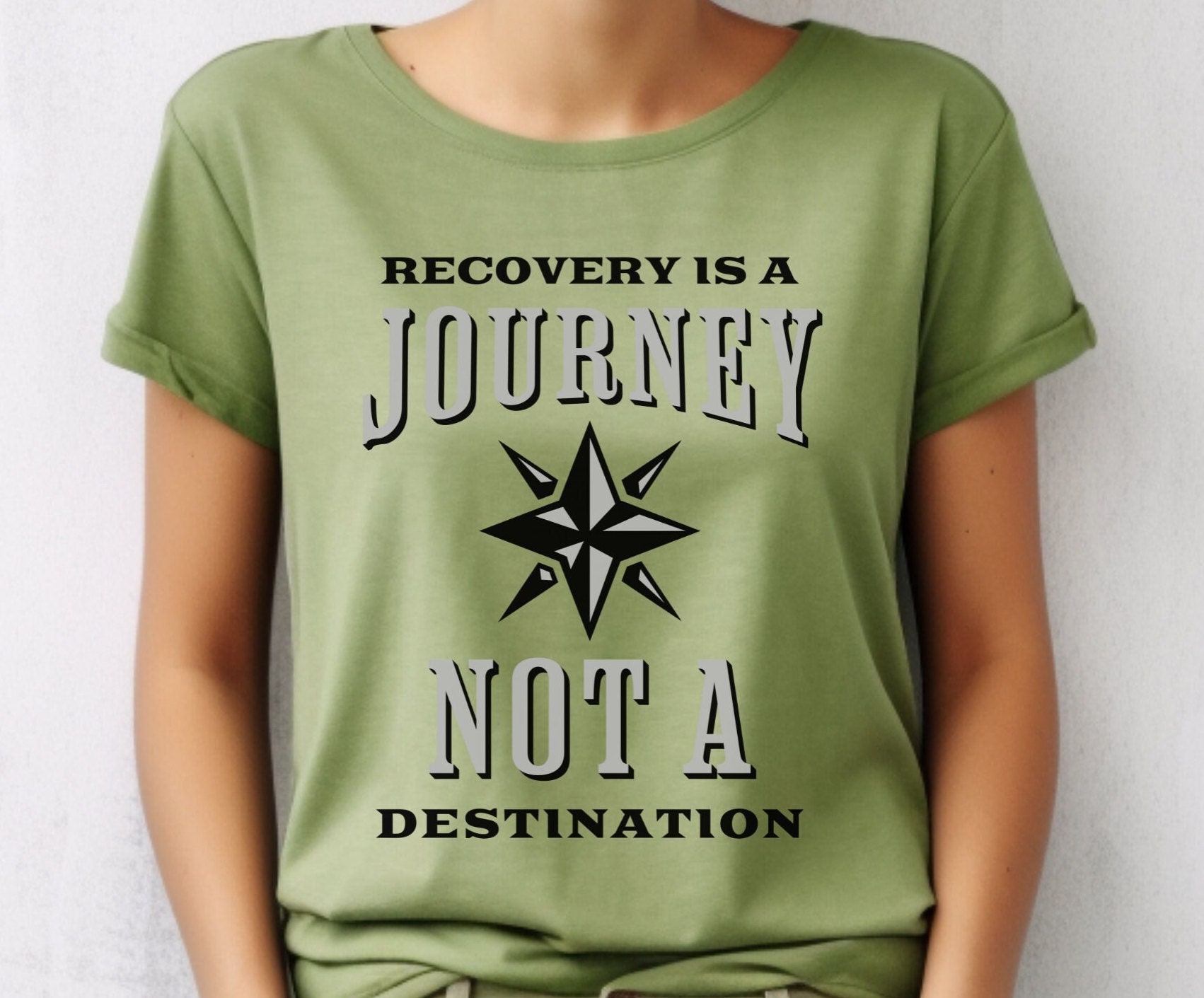Behind every social cause T-shirt is a real human story. For individuals affected by addiction and mental health challenges, these stories are often rooted in pain, resilience, and the decision to seek help. Social cause T-shirts do more than raise awareness. They represent lived experience, recovery milestones, and the belief that healing is possible. When survivors wear these shirts, they are not just making a statement. They are walking the talk and reminding others that they are not alone.
Why Stories Matter in Addiction Recovery
Addiction and mental health struggles are often misunderstood. Many people suffer in silence due to stigma, shame, or fear of judgment. Real stories help break down these barriers. They humanize recovery and shift the narrative from failure to strength.
When survivors share their experiences through symbols, words, or designs on a T-shirt, they create an entry point for conversation. These moments can lead to understanding, encouragement, and sometimes the courage for someone else to ask for help. Storytelling is a powerful tool in recovery because it replaces isolation with connection.
The Meaning Behind Social Cause T-Shirts
Social cause T-shirts are intentionally designed to reflect themes of hope, accountability, faith, and perseverance. Each design carries meaning that resonates with individuals at different stages of recovery.
A Symbol of Survival
For many survivors, wearing a cause-driven T-shirt is a quiet declaration of survival. It may represent a sober anniversary, completion of inpatient treatment, or the commitment to ongoing outpatient care. These shirts serve as reminders of progress and the strength it took to reach that point.
A Voice for the Unspoken
Some people are not ready to share their story out loud. A T-shirt allows them to express support for mental health awareness or addiction recovery without having to explain everything. In this way, clothing becomes a voice for experiences that are still tender or evolving.
A Reflection of Individualized Care
Recovery is not a single path. Holistic, faith-based, and individualized treatment approaches recognize that healing involves the mind, body, and spirit. Social cause T-shirts often reflect these values through thoughtful messaging that emphasizes grace, purpose, and personal growth rather than judgment.
How These Stories Support Others Seeking Help
When someone sees a recovery-focused T-shirt in public, it sends a powerful message. It shows that recovery exists in real life, not just in brochures or treatment centers. For someone struggling with addiction or mental health symptoms, that visibility can be life changing.
These shirts can open conversations about available support options, including inpatient and outpatient treatment, counseling, and holistic therapies. They also normalize the idea that seeking help is a sign of strength, not weakness.
Practical Ways Survivors Use Cause-Driven T-Shirts
Survivors and supporters use social cause T-shirts in many meaningful ways:
At Recovery Events and Support Groups
Wearing these shirts at meetings or community events fosters a sense of belonging. It reinforces shared values and encourages peer support.
In Everyday Life
Simple moments like grocery shopping or walking in the neighborhood can lead to unexpected conversations. A kind question or shared experience can plant the seed for someone else to seek help.
As Gifts of Encouragement
Giving a cause-driven T-shirt to someone entering treatment or celebrating a milestone can be deeply affirming. It acknowledges effort and reinforces hope.
Walking the Talk Through Compassion and Action
Social cause T-shirts are not about performance. They are about authenticity. Survivors who wear them are often the same individuals who advocate for mental health treatment, support holistic healing, and encourage others to explore personalized care options. This alignment between message and action is what gives these shirts their power.
They reflect the belief that recovery is possible when people are met with compassion, professional support, and individualized treatment plans that address the whole person.
Conclusion
Every social cause T-shirt tells a story, but more importantly, it invites others to share theirs. For survivors of addiction and mental health challenges, these shirts symbolize courage, healing, and the decision to keep moving forward. They turn personal recovery into collective hope.
If you or someone you love is struggling, know that support is available. Recovery does not have to happen alone. Whether through inpatient care, outpatient programs, holistic approaches, or faith-based support, taking the next step can change everything. Sometimes, the first sign of hope is simply seeing someone else who has walked the path and lived to tell the story.





